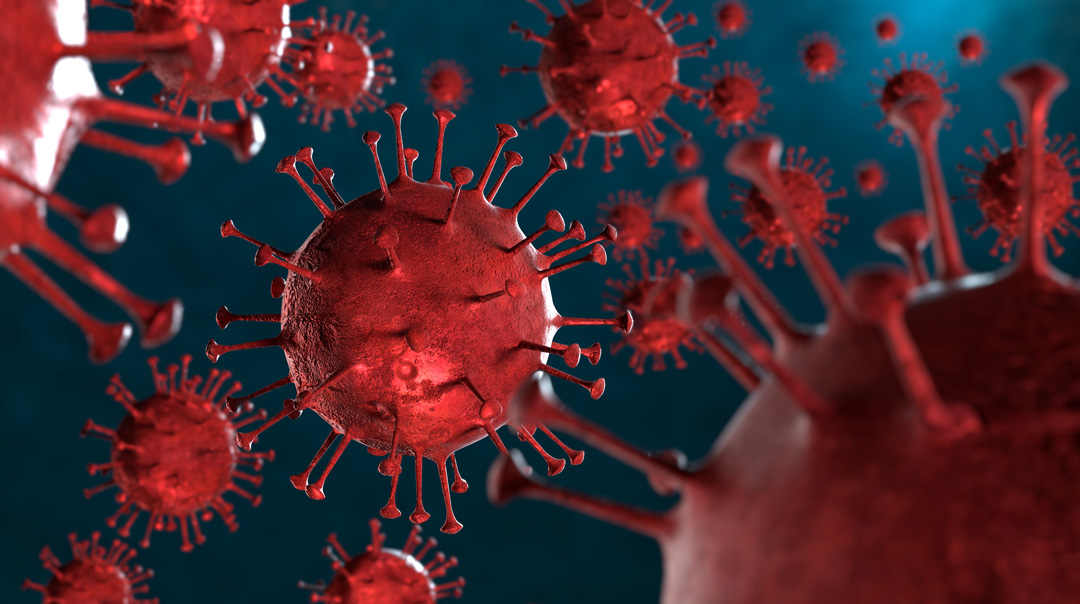
Effects of Covid-19 Disease on the Heart
As the Covid-19 pandemic has swept the world, it has had a major impact not only on the respiratory system but also on heart health. While the virus has mostly targeted the lungs, its long-term effects on the heart are also gaining more and more attention. Research on what effects Covid-19 can have on the heart and how to deal with these effects provides important information on this issue. So, what are the effects of Covid-19 on the heart?
What is Covid-19?
Covid-19 is an infectious disease caused by the SARS-CoV-2 virus. This virus is usually transmitted through respiratory tract and manifests itself with symptoms such as fever, cough and fatigue. However, some patients experience serious health problems even while recovering from the infection.
The virus can also damage different organs in the body. The heart is one of the organs affected by Covid-19, which can complicate the course of the disease and the treatment process.
Effects of Covid-19 on the Heart
Covid-19 can have a number of negative effects on the heart. These effects can be directly related to the virus settling in the heart or to the inflammation caused by the virus in the body. The effects of Covid-19 on the heart are as follows:
- Myocarditis (inflammation of the heart muscle): Covid-19 can cause inflammation in the heart muscle. This can lead to weakening of the heart muscle and loss of function. Although myocarditis is usually seen in severe Covid-19 cases, it can also occur in some mild patients.
- Heart Attack Risk: Covid-19 can cause narrowing of blood vessels by increasing inflammation in the body. This can trigger factors that can lead to a heart attack. In addition, oxygen deficiency caused by the virus can also increase the risk of heart attack.
- Heart Failure: The virus can lead to heart failure by weakening the pumping power of the heart. This poses a greater risk, especially for the elderly and people with underlying heart conditions.
- Arrhythmias (Heart Rhythm Disorders): The inflammation caused by Covid-19 in the heart can cause irregular heart rhythm. The heartbeat may speed up, slow down or have irregular beats. This may become more pronounced, especially during the patient's recovery period.
- Risk of Blood Clots and Thrombosis: Covid-19 may affect the body's clotting system. This can cause the blood to clot more easily than normal and lead to the formation of clots in the blood vessels. These clots can cause serious problems such as heart attack, stroke and pulmonary embolism.
The Long-Term Effects of Covid-19 on Heart Health
On the heart can continue not only during the disease but also after recovery. Some Covid-19 patients experience long-term heart problems after recovering from the disease. This is a condition known as “long Covid” and these patients complain of heart rhythm disturbances, fatigue, shortness of breath.
Long-term heart problems can occur as a result of inflammation and damage to the heart caused by Covid-19. Research shows that Covid-19 can have effects on the heart that can last for years.
Ways Covid-19 Protects Heart Health
To prevent the effects of Covid-19 on the heart, you can take the following precautions:
- Regular Health Check-ups: It is important to have regular check-ups to monitor your heart health after having Covid-19. Early detection of heart diseases plays a critical role in the treatment process.
- Healthy Diet: A balanced and nutritious diet should be followed to support heart health. Omega-3 fatty acids, whole grains, vegetables and fruits protect heart health.
- Exercise and Physical Activity: Regular exercise helps the heart to function healthily. However, a doctor should be consulted before starting exercise after Covid-19.
- Avoid Stress: Stress can negatively affect heart health. You can cope with stress by incorporating relaxation techniques and meditation into your life.
- Avoid Smoking and Alcohol: Smoking and excessive alcohol consumption can trigger heart disease. Avoiding these habits is one of the most effective ways to protect heart health.


